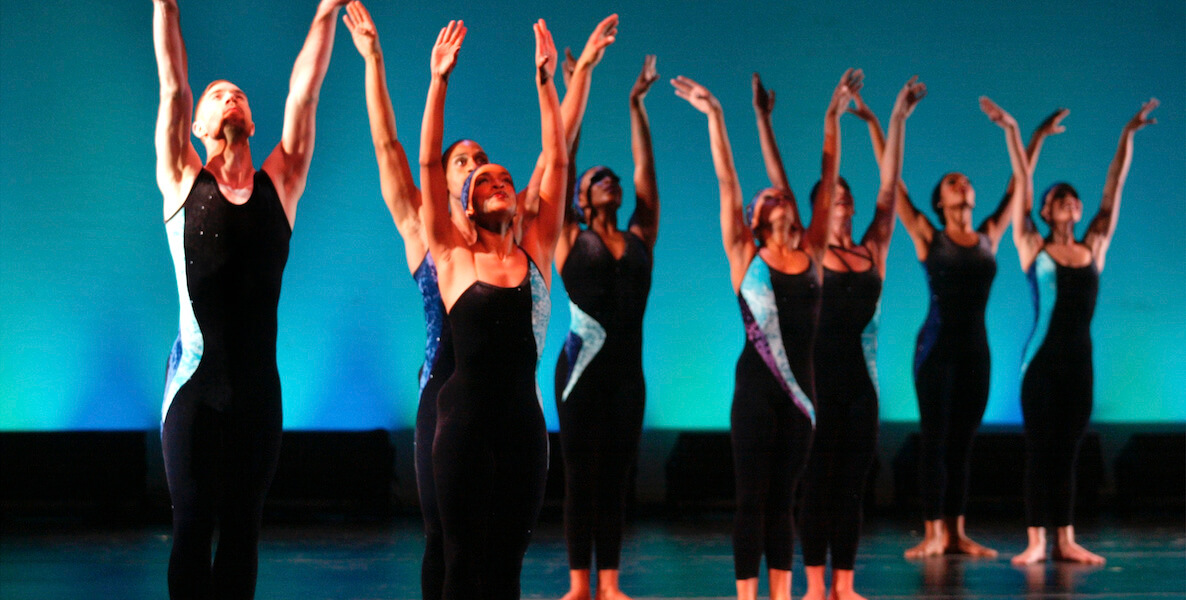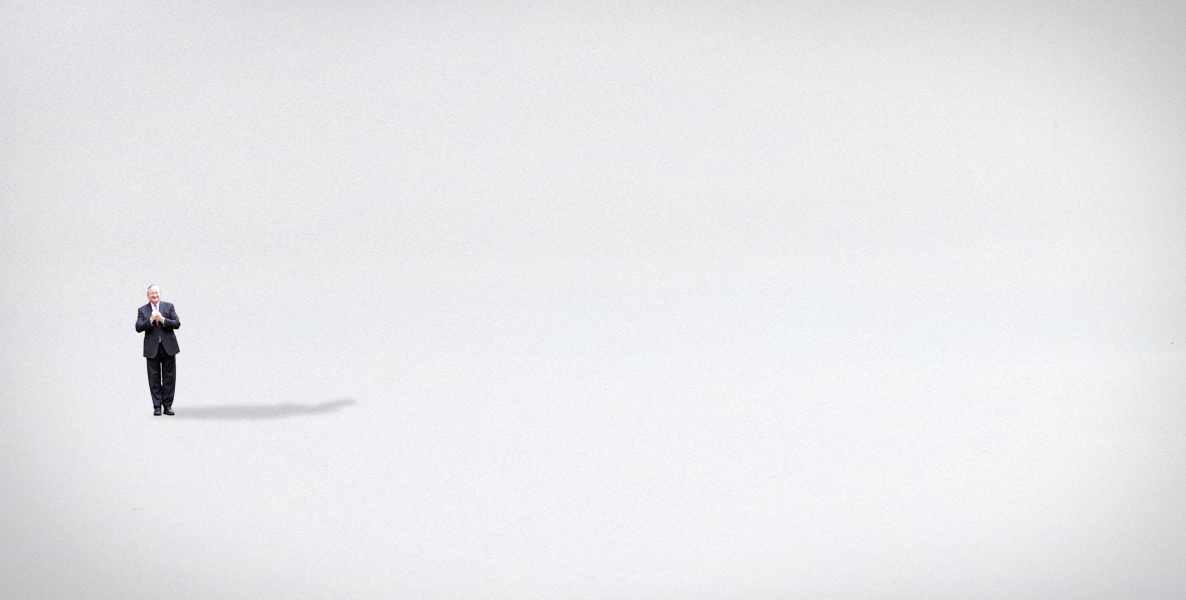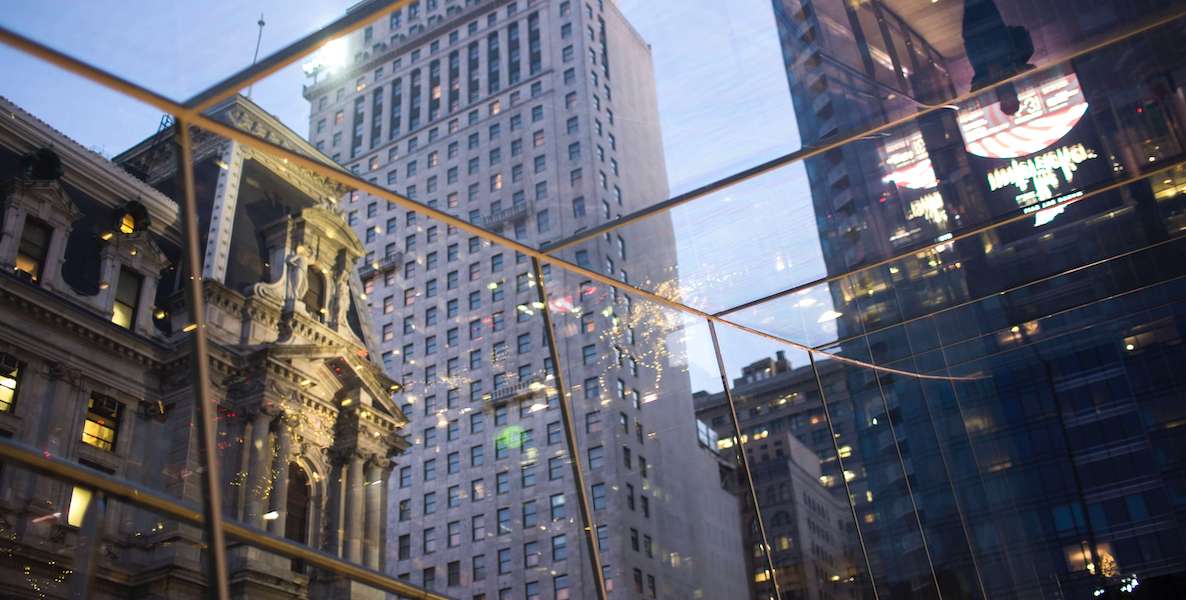![]() In this time of disruptive fragmentation, it’s been striking how much people are sharing about the movies and music and concerts they’re streaming. We are turning, when we get time, to art and artists. We want entertaining escape, yes, but we also seek meaning, inspiration, joy. We share our experiences with friends. Art offers connection across a very un-social distance.
In this time of disruptive fragmentation, it’s been striking how much people are sharing about the movies and music and concerts they’re streaming. We are turning, when we get time, to art and artists. We want entertaining escape, yes, but we also seek meaning, inspiration, joy. We share our experiences with friends. Art offers connection across a very un-social distance.
We value this connection and inspiration. But we can’t just say “Thank God for Netflix” and celebrity artists. We have to apply what we value close to home. Because the arts have always bridged social distance and always built the social fabric. That’s certainly true in Philadelphia, whose public arts funding weaves through the entire city with purposeful inclusion.
![]() So it was distressing to learn that in the budget he presented in response to the coronavirus pandemic, Mayor Kenney proposes eliminating the city’s Office of Arts, Culture and the Creative Economy (OACCE) and completely de-funding the 27-year-old Philadelphia Cultural Fund (PCF), which this year provided essential operating support for 349 city cultural organizations through grants totaling $2.9 million.
So it was distressing to learn that in the budget he presented in response to the coronavirus pandemic, Mayor Kenney proposes eliminating the city’s Office of Arts, Culture and the Creative Economy (OACCE) and completely de-funding the 27-year-old Philadelphia Cultural Fund (PCF), which this year provided essential operating support for 349 city cultural organizations through grants totaling $2.9 million.
The OACCE is an important catalyst for public art and art in community gathering spaces, and a lauded resource for small arts organizations as they navigate funding and draw audiences to cultural events they might not experience otherwise.
PCF is a nonprofit, whose $3.14 million budget is funded by the city. This independence prioritizes an integrity separate from changing political winds. Together, these two embody an approach to public support that is citywide, fiscally responsible and highly effective.
(Full disclosure: I am co-founder of music nonprofit LiveConnections, which has regularly received PCF funding. I’ve also been proud to work with several other PCF recipients throughout my career).
There is no question that the impact of the pandemic cuts across the city, and that widespread, painful sacrifices are in store. The city, by law, cannot operate with a deficit. There are pressing, frontline needs in social services. Keeping funding for the OACCE and PCF at current levels is likely not possible.
We can’t build what we want right now. We will have to scale back. That doesn’t mean tearing it down all together. The city’s imaginative blueprint for constructing community, connection and vigorous neighborhoods through its arts funding should remain.
But the city learned in 2008 that it’s hard to restore drastic cuts to a budget. Closing the doors on the OACCE and pulling the plug on PCF funding will make it highly unlikely they return. A budget is a philosophical document. Killing this support in total is not shared sacrifice, it’s a changed belief system. Put another way: prune a tree, it can grow back healthier; chop it down, it’s gone for good.
The OACCE and PCF total just $4.4 million dollars of a nearly $5 billion dollar city budget, and make up less than 1% of the $649 million deficit the Mayor projects due to the pandemic. They come nowhere close to being a difference maker in solving the city’s very real fiscal challenges.
Yet eliminating the arts office and zeroing out PCF grants can create longterm, even permanent damage to the cultural sector, particularly at the neighborhood level, and the city’s economy.
Arts funding has a huge multiplying effect. A study by the Greater![]() Philadelphia Cultural Alliance demonstrated that arts and culture generate an economic impact of $4.1 billion, creating 55,000 full-time equivalent jobs. When you tally money spent directly to hire everything from actors to audio technicians, marketing pros to bookkeepers, plus money flowing to restaurants, parking garages and beyond, the arts stand out as a cross-sector catalyst, sparking economic energy throughout the city.
Philadelphia Cultural Alliance demonstrated that arts and culture generate an economic impact of $4.1 billion, creating 55,000 full-time equivalent jobs. When you tally money spent directly to hire everything from actors to audio technicians, marketing pros to bookkeepers, plus money flowing to restaurants, parking garages and beyond, the arts stand out as a cross-sector catalyst, sparking economic energy throughout the city.
Beyond these substantial reverberations is a civic vision inherent in the funding, worth holding onto even now. PCF grants are good government in action. A national model for equity and access in funding, PCF is diligent and rigorous in its grantmaking, with in-depth peer review by 116 panelists. Its equity is perhaps its greatest hallmark. PCF supports regional anchors like the Barnes Foundation but, even more importantly, funds vital community anchors like Taller Puertorriqueño and the Village of Arts and Humanities.
PCF breaks down barriers. 47 percent of its grants go to companies with budgets smaller than $150,000, who often aren’t eligible for support from larger philanthropies, and it actively recruits cultural organizations to apply, giving entry to neighborhood organizations not in established circles.
These small arts organizations are engines of efficiency and entrepreneurship, often pulling off major community events on the tightest shoestring, frequently with little or no paid staff. Sixty percent of grantees work with Philadelphia public school students. Many keep their tickets low-cost, or pay-what-you-decide, or free, letting the arts belong to everyone. They employ early-career artists, who can commit to careers and lives in the city because they can work here.
Completely eliminating city arts funding will damage our ability to benefit from powerfully imaginative citizens, proven experts at building bridges and galvanizing communities, just when we’ll need them most.
Let’s look at the City’s commitment as significant investment in jobs and the economy. Let’s see it as progressive investment across class, race, neighborhood. Let’s preserve it, even at a reduced level, because going forward the invention of the city’s artists and arts organizations will fuel ideas, as is already happening, for new forms of coming together safely, how to process this rupture, how to heal and envision future possibilities.
Completely eliminating city arts funding will damage our ability to benefit from powerfully imaginative citizens, proven experts at building bridges and galvanizing communities, just when we’ll need them most.
![]() We can share sacrifice without sacrificing the vision the city has shared with us for why the arts matter on so many levels. The city’s arts commitment has turned financial capital into creative capital and social capital. It has been an investment in what the late civic leader and Citizen chairman Jeremy Nowak called “the architecture of community,” a structural interconnectedness that makes cities thrive for all.
We can share sacrifice without sacrificing the vision the city has shared with us for why the arts matter on so many levels. The city’s arts commitment has turned financial capital into creative capital and social capital. It has been an investment in what the late civic leader and Citizen chairman Jeremy Nowak called “the architecture of community,” a structural interconnectedness that makes cities thrive for all.
We can’t build what we want right now. We will have to scale back. That doesn’t mean tearing it down all together. The city’s imaginative blueprint for constructing community, connection and vigorous neighborhoods through its arts funding should remain.
David Bradley is a theater director, producer and educator working at the intersection of art and civic engagement. He’s producing director of arts & learning for World Café Live and a member of the artistic ensemble at People’s Light.
Photo courtesy R. Kennedy / Visit Philadelphia




